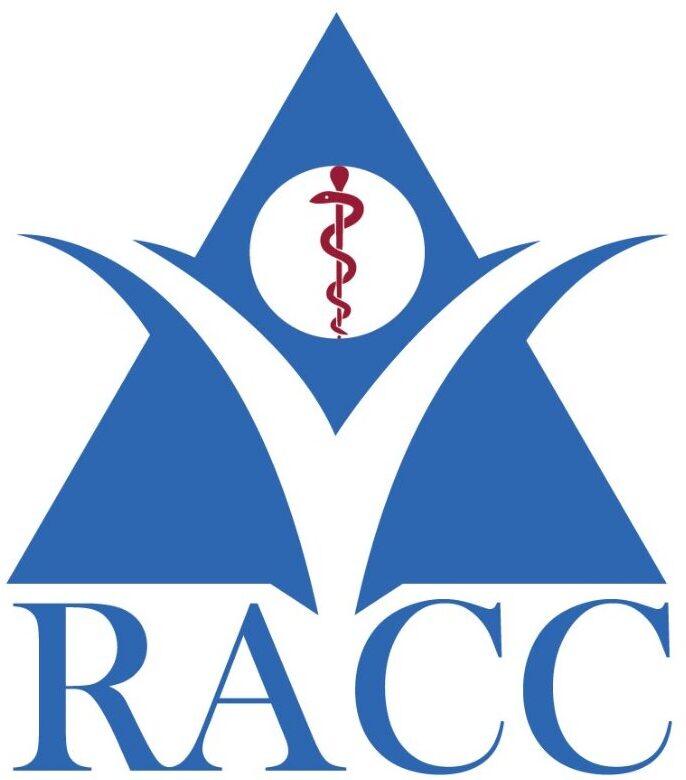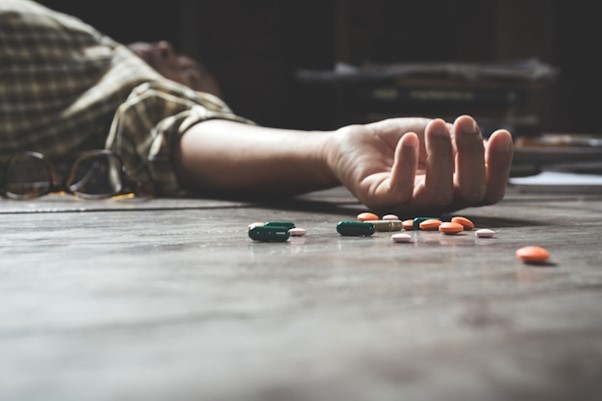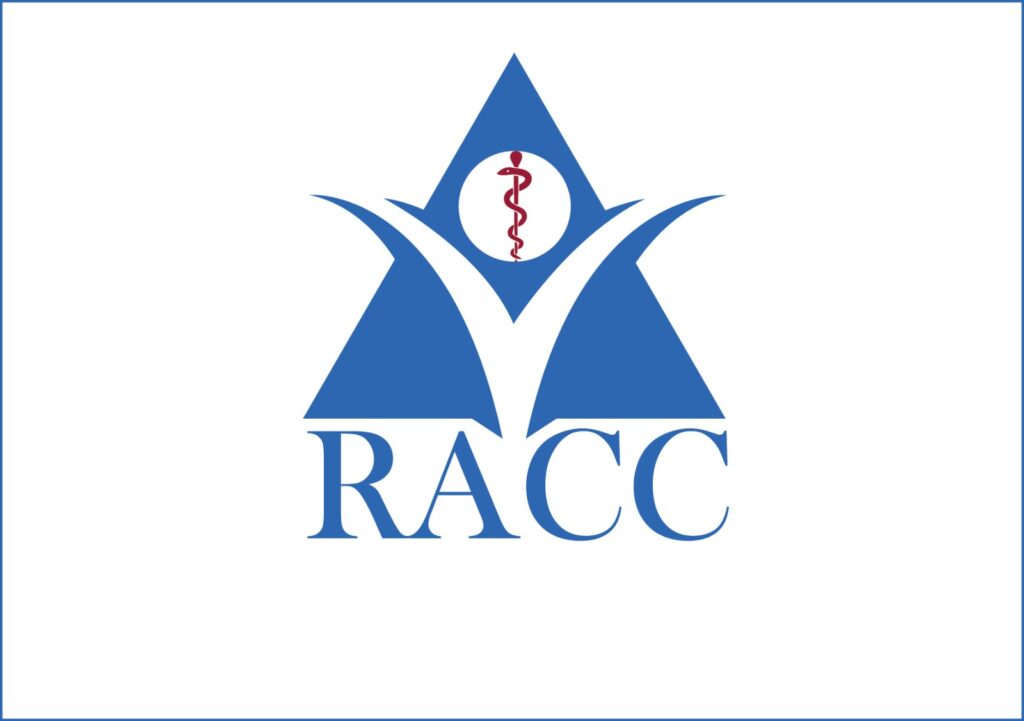Drug poisoning is a serious condition that occurs when an individual takes a toxic amount of a substance, either intentionally or accidentally. It can happen with prescription medications, over-the-counter drugs, or recreational substances. Knowing the signs, symptoms, and preventive measures can make a significant impact in managing the situation. Here’s a comprehensive guide to help you understand drug poisoning and the steps you can take to keep your loved ones safe.
What Exactly Is Drug Poisoning?
Drug poisoning happens when someone consumes a substance in a quantity that is harmful to their body. This can include overdose from prescription medications, misuse of over-the-counter drugs, or consumption of illegal substances. The body can become overwhelmed when it can’t process the excess amount, leading to dangerous reactions. Immediate medical attention is necessary to prevent any serious long-term damage.
What Are the Symptoms of Drug Poisoning?
Drug poisoning symptoms vary depending on the substance involved, the amount taken, and the person’s health. Common signs include nausea, vomiting, dizziness, confusion, and difficulty breathing. In severe cases, symptoms may involve seizures, unconsciousness, or a drop in blood pressure. It’s crucial to recognize these symptoms early to get the right help promptly.
How Does Drug Poisoning Affect the Body?
- The effects of drug poisoning depend on which drug was consumed and in what quantity. For example, opioids can slow down the respiratory system, while alcohol poisoning can lead to severe dehydration and organ failure. Certain drugs and toxins, when ingested in large quantities, can cause irreversible damage to the liver, kidneys, and brain. Early treatment is key to minimizing long-term health risks and saving lives.
What Should I Do if I Suspect Drug Poisoning?
If you suspect someone is suffering from drug poisoning, don’t wait for the symptoms to worsen. Call emergency services immediately and provide them with as much information as possible—like the type of drug taken, how much, and when it was ingested. If the person is unconscious or struggling to breathe, administer CPR if you are trained in doing so. void inducing vomiting unless directed by a healthcare professional.
How Can Drug Poisoning Be Prevented?
Prevention is key to avoiding drug poisoning. Always store medications in a safe place, out of reach of children or anyone who might misuse them. Follow prescription instructions carefully and never take someone else’s medication. Educate yourself and your family about the potential risks of common over-the-counter drugs and recreational substances. Regular health check-ups can also help identify any potential misuse of medication.
Get Timely Help at Rajahmundry Advanced Critical Care ICU
Drug poisoning is a medical emergency that requires prompt attention. At Rajahmundry Advanced Critical Care ICU, we provide specialized care for individuals facing critical conditions, including drug poisoning. With our experienced team and state-of-the-art facilities, you can rest assured that your loved one will receive the best possible treatment. If you or someone you know is in need of immediate care, don’t hesitate—contact us today for rapid intervention and recovery. Your health is our priority.



